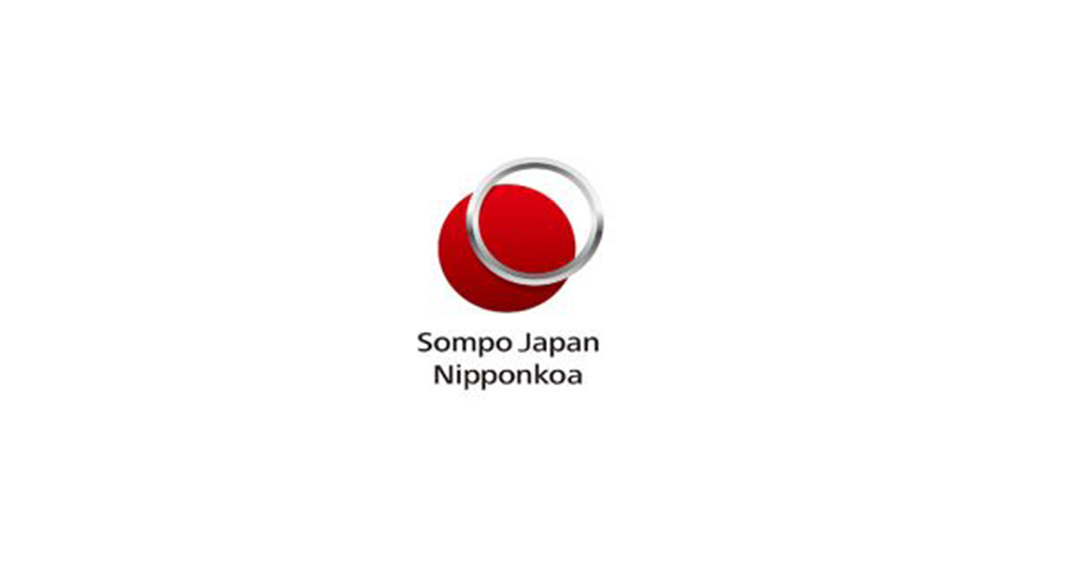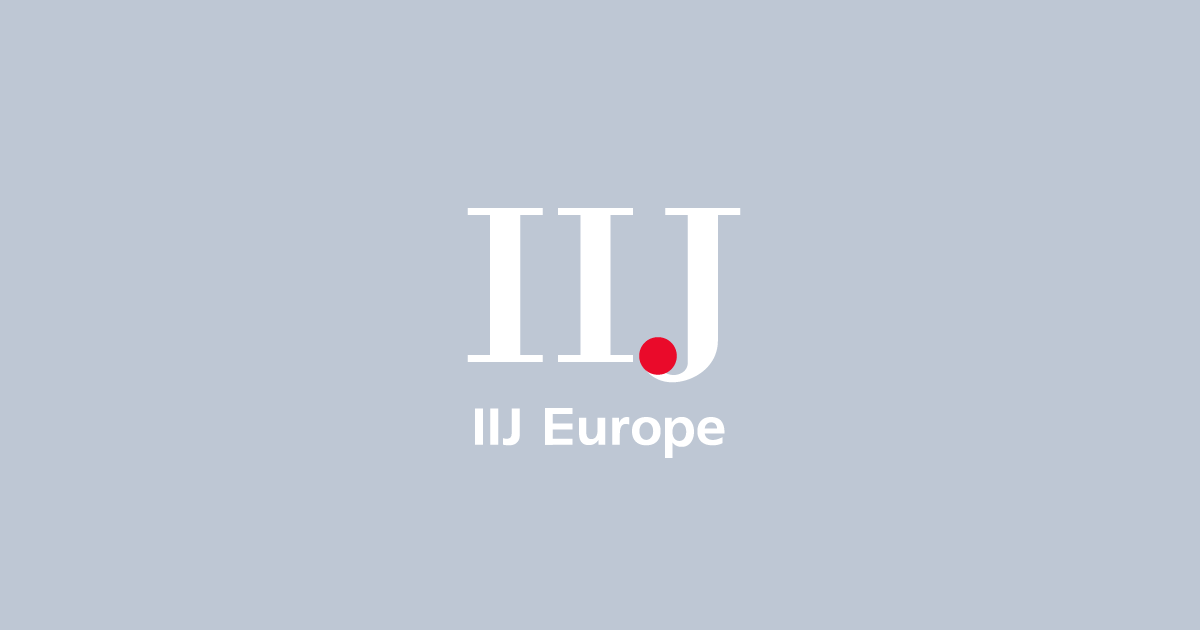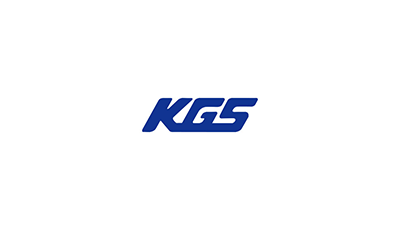A merger highlights the need for a shared infrastructure
Sompo Japan Insurance is one of Japan’s oldest insurance businesses. Established in 1888 as the country’s first fire insurance provider, the company has become a global player in the Property and Casualty business, employing over 27,000 people all over the world today.
In 2014, Sompo Japan and Nipponkoa Insurance Co, Ltd announced their merger. The new company, Sompo Japan Nipponkoa Insurance, would become Japan’s single largest P&C business. The company’s vision was to:
- Become the industry leader in quality of service, and expand the service spectrum.
- Serve an unprecedented number of customers while ensuring compliance, operational efficiency, and stability.
- Start overseas initiatives for further growth.
But the two businesses didn’t yet have a shared systems platform that everybody in the new company could work from: “Up until now, companies of the group have constructed and operated systems independently, which has caused a variety of problems,” says Takeshi Onishi, section manager of Sompo Japan’s IT Planning Department. “IT administrators in each company had heavy operational burdens and optimizing workloads was indispensable – when two companies merge, the inefficiencies multiply”.
Creating a single, efficient system for productive operations
Sompo Japan Nipponkoa decided to build their new unified system in the cloud, and, having evaluated a number of vendors, chose IIJ as their partner for the project. Here’s why:
- They can customise their system without having to own it.
The VW Series on the IIJ GIO cloud platform gave them a dedicated VMware virtualised environment on which they could freely design and configure operating systems and applications – all without purchasing IT resources such as individual servers or storage and communication networks. This meant an immense cost reduction for them. - They are able to move more quickly.
Constructing systems for each company of the group on a unified cloud platform is much quicker and cheaper than constructing the systems for each company individually. Also, no longer having to procure IT resources dramatically reduced the lead time for system construction. “The migration went smoothly and it only took 10 weeks from planning the system to constructing and starting its operation,” says Tomohiro Koji, the chief systems engineer who was in charge of system design and construction. - They can entrust their operations to a reliable platform.
As many companies within the group operate mission-critical financial systems, operations could halt if the system went down. Due to IIJ’s track record, Sompo felt IIJ GIO was a highly-reliable system platform that could handle these requirements. They also put a high value on support systems for cloud services. - They are up to speed with compliance.
Compliance with Financial Information System Center (FISC) guidelines, such as the Security Guidelines on Computer Systems for Banking and Related Financial Institutions, and external audits for cloud services is a prerequisite when constructing and operating backbone systems for financial institutions through cloud services.
The results
IIJ GIO has helped Sompo Japan Nipponkoa streamline their operations and enable everyone in the business to work towards their common goal. With the help of IIJ, the company has:
- Reduced costs: No more capital investment in infrastructure and assets.
- Unified the group IT governance: A single system for all parts of the business to work from. This was essential to ensure scalability, performance, and compliance.
- Strengthened business continuity and security: The move to the cloud has brought major cost benefits and enhanced IT security. The company is now considering to also migrate their sectoral systems to the unified cloud environment.
All of this means that the newly formed company now runs on an efficient and reliable system that’s fit for an industry-leader, and well-equipped to support their ambitious plans for the future.




